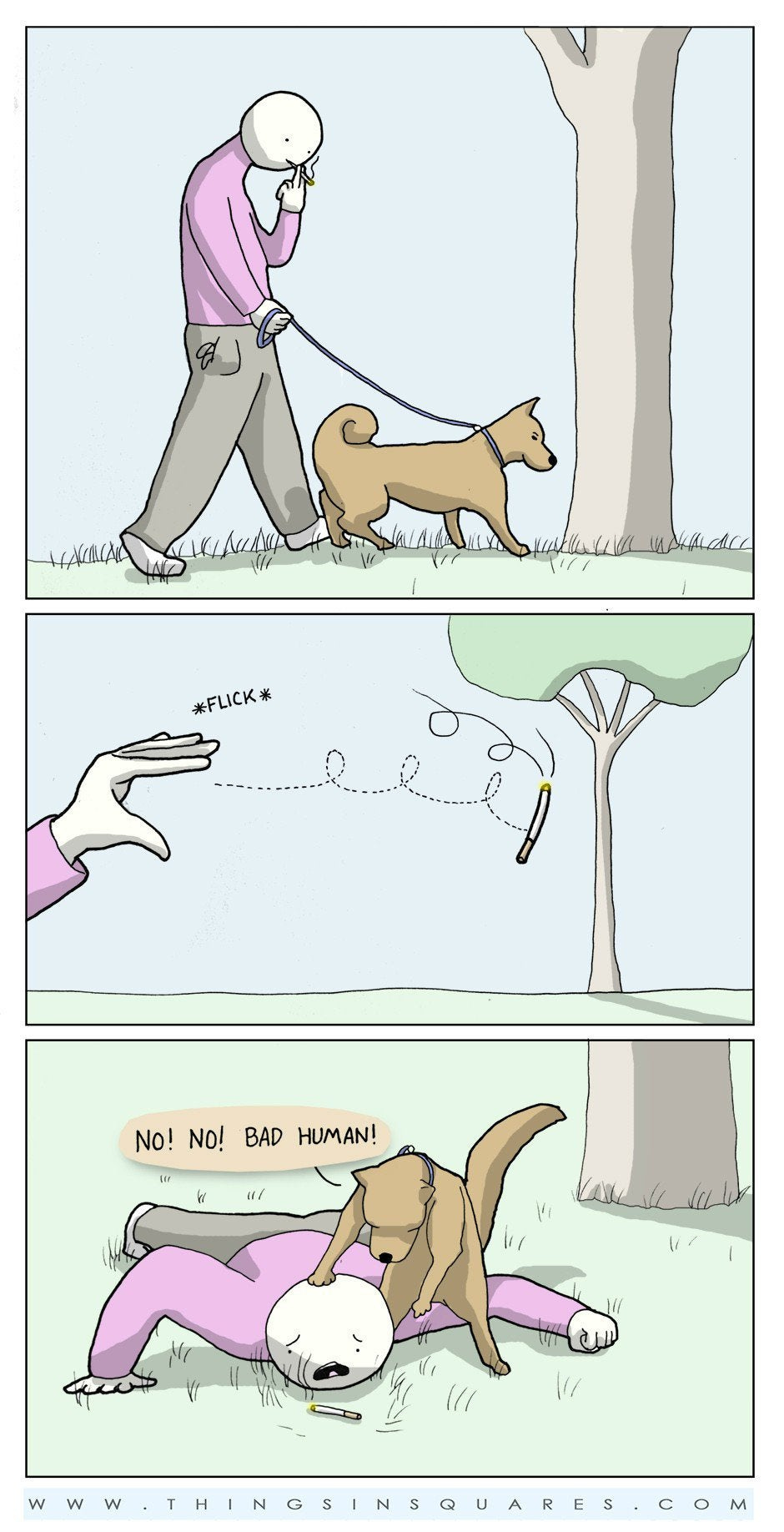Don't Be a Hypocrite
Even liars attract more friends
Hypocrites are people who condemn others as having evil qualities while trying to get away with those evil qualities in their own lives. I’m sure we’ve all been guilty of hypocrisy at some point, but when we see it in other people, it can be incredibly annoying. Online conversations—especially in the world of politics—are full of accusations of hypocrisy and rage-fueled rants to punish it. Why exactly is it such a provocative behavior? How do we prevent ourselves from becoming hypocrites, and how should we respond when other people fall into the trap? Let’s look at the science.

We all hate hypocrites (but we’re also hypocrites)
An experiment back in 2001 put people’s hypocrisy to the test. Researchers offered participants two tasks—one exciting and one boring—and asked them to choose one task for themselves and give the other to a second unknown participant. If they wanted, they could flip a coin on the table to decide fairly. Despite everyone agreeing that the coin was the fairest way to choose, only half chose to use it, while the rest simply assigned the exciting task for themselves. And even among the participants who did flip the coin, almost 90% mysteriously claimed that the coin flip landed in their favor. Someone’s lying.
More recent experiments have looked into why we hate hypocrites so much. People consistently condemn hypocrites more than they condemn liars, and it’s because hypocrites are seen as extra manipulative when they try to shame someone else. A liar might say “I’ve never driven a car while intoxicated” when in fact they have, but a hypocrite would instead say “It’s disgraceful that people ever drink and drive” when in fact they’ve done it themselves. They’re setting different standards for other people than they do for themselves. When someone condemns another person’s evil action, we believe that it’s coming from their moral goodness. So when it’s revealed that they’re not so good after all, it leaves us with a bad taste in the mouth. They didn’t just plainly lie to us, they also falsely signaled that they were speaking from some moral high ground.
So is there a way to get on people’s good side if we ever realize that we’re being hypocritical? Yes! When people admit to a bad behavior after condemning it in others, they remove the pretense of moral superiority. They’re no longer pretending to be righteous when they criticize other people—they’re merely explaining that they’ve failed to live up to the high standards they set for everyone including themselves.
How to avoid the traps of rage and hypocrisy
Minimize judgments and criticisms of other people: As a general rule, the less you judge other people, the happier your life is likely to be. You avoid getting caught up in unnecessary anger and irritation that isn’t likely to help you, and you avoid setting yourself a trap that may later show you to be a hypocrite. If you ever feel yourself getting judgmental while reading messages on Facebook or Twitter—this frequently happens to me—it’s probably time to log off and relax.
When you realize you’re being a hypocrite, admit it: The research I described above demonstrated that people are more forgiving when they hear a hypocrite admit that they have also failed in the past. Our hatred of hypocrites runs deep, but it’s because they shame other people from a high ground they pretend to stand on. When they prove that they’re actually criticizing from a level ground, they don’t seem so bad. It’s fake virtue that really gets us going. So when you need to criticize someone’s actions, there’s no harm in explaining that you’ve previously failed to live up to those standards yourself. When you confess, you avoid implying that you’re special or virtuous in some way. Nobody can dig up dirt that you’ve already given them.
When you discover someone’s hypocrisy, be forgiving: This circles back to my first point above: don’t be judgmental. Hypocrisy quickly sets the blood boiling, but an angry response is often an overreaction or even a mistake if we haven’t read the situation properly. In addition to not criticizing others, we can be forgiving and assume they had the best possible intentions when they misstep. It’s the old golden rule again: Treat others as you want to be treated.
Truth is angry and she has a whip
In 1896, Jean-Léon Gérôme painted “Truth Coming Out of Her Well”. It shows the naked truth emerging from a well that we collectively threw her into, and coming after humanity with a whip in hand. Not so subtle, but a great depiction of the rage we direct at liars and hypocrites, and perhaps also a warning about how Truth will catch up with all of us in the end.

Those final quotes
I usually offer one quote here, but today there are three! People have so much experience with hypocrisy that it’s easy to write great quotes about it:
“We have two kinds of morality side by side: one which we preach but do not practice and another which we practice but seldom preach.” —Bertrand Russell
“The greatest way to live with honor in this world is to be what we pretend to be.” —Socrates
“Few love to hear the sins they love to act.” —William Shakespeare
❤️Please spread the word among friends who might like The Brainlift by sharing this newsletter. If you’re new here, subscribe below or visit erman.substack.com ❤️

